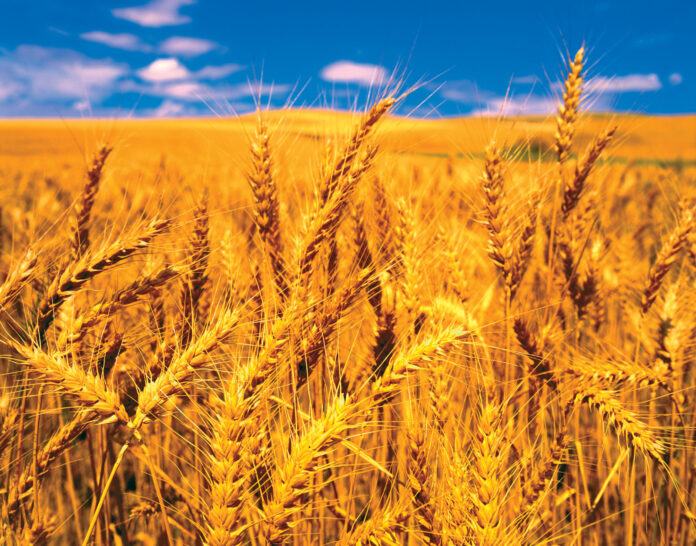Itai Ndongwe
HARARE – Minister of Lands, Agriculture, Water, and Rural Development, Anxious Masuka, announced that Zimbabwe is actively exploring export markets for its wheat, both regionally and internationally, following a record-breaking harvest that has exceeded the previous year’s output and fulfilled the country’s annual national requirement.
This season, the country’s winter wheat has reached a total of 578,059 MT harvested from 110,543 hectares, surpassing last year’s record of 562,091 MT. An additional 12,023 hectares out of the 122,566 hectares planted are still to be harvested, as planned, by the first week of November 2025. This impressive production marks a 511 percent increase since 2019, when the harvest was 158,515 MT, and significantly exceeds the national annual demand of 360,000 MT.
Zimbabwe’s wheat production has demonstrated remarkable growth, rising from just 94,685 MT in 2019 to over half a million tonnes in 2024, solidifying its status as one of only two African nations to attain wheat self-sufficiency.
“During this season, a total of 578,059 MT have been harvested from 110,543 hectares,” Minister Masuka stated. “This volume already exceeds last year’s record of 562,091 MT and surpasses our national annual requirement of around 360,000 MT. We are now exploring export opportunities for our wheat in the region and beyond.”
While the country has achieved self-sufficiency, allowing it to eliminate imports for most needs, imports will still be made to meet specific millers’ requirements for higher gluten content wheat, in line with existing policies, and without additional costs.
The government’s Agriculture, Food Systems, and Rural Transformation Strategy emphasizes ensuring availability, accessibility, and affordability. Through the Grain Marketing Board, over 6,518 MT of wheat has been supplied to millers, helping stabilize the market and maintain price stability. This intervention has been vital in ensuring a consistent supply of quality wheat products.
Registered millers are encouraged to engage with the government through the Agricultural Marketing Authority Act to secure support and further strengthen the wheat sector’s impressive progress.










